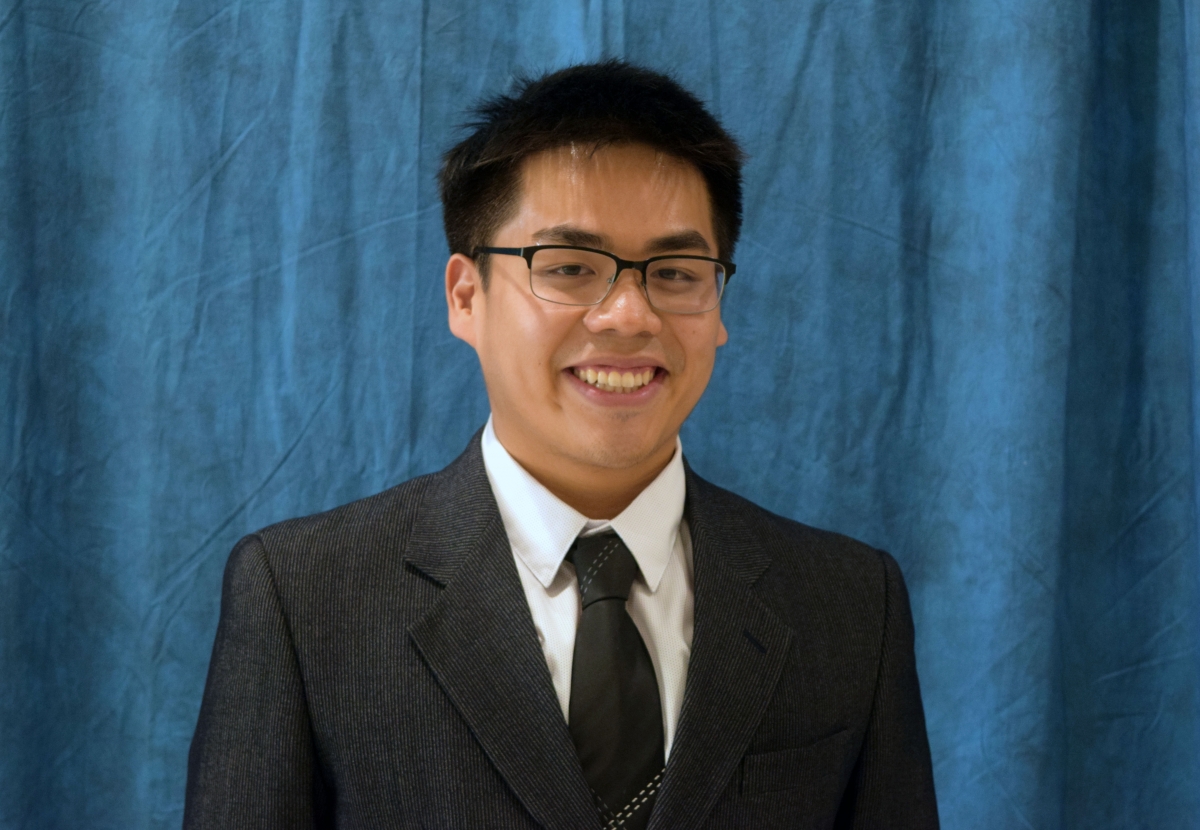Marutani Fellowship Essay
Marutani Fellowship Summer Experience at Justice at Work
Nicholas Chan
This summer, I had the privilege to intern at Justice at Work, Pittsburgh through the generous support from APABA-PA’s Marutani Fellowship and the Peggy Browning Fellowship. For over 35 years, Justice at Work has filled a much-needed gap representing seasonal guest workers and immigrant communities with free legal representation in labor and employment issues. During my 10-week internship, I’ve had the opportunity to learn more about labor trafficking and its impact on vulnerable immigrant communities in Western Pennsylvania. I was exposed to a variety to immigration-related cases ranging from asylum, sex and labor trafficking, juvenile visas, and visas for victims of abuse.
Most of these cases come to Justice at Work through a variety of labor or employment issues including unpaid wages, sexual abuse or harassment in the workplace, discrimination, and threats of deportation for undocumented workers. One of the most impactful experiences seeing the intersection of labor and immigrant rights first-hand was when most of the Pittsburgh staff headed to Philadelphia to work on a labor trafficking case involving a large pool of clients. Attorneys and paralegals paired off to conduct interviews, collect information for affidavits, and to start completing the tedious immigration forms required for each client’s unique situation. During this 48-hour timeframe before our clients had to leave, I mainly focused on collecting information from the 10 client’s affidavit to draft a cohesive Department of Labor complaint against their former employer. As disorienting and stressful it became at times, it was incredibly awarding to not only help our clients, but to see so many advocates in a room working together to help improve our client’s situations.
Another impactful event was a farm outreach event the Pittsburgh staff conducted in rural Western Pennsylvania. In an effort to serve populations that might not have as many resources compared to large metropolitan and urbanized cities, the staff split up to visit registered farm camps. Our goal was to meet with some of the seasonal workers to provide resources in case they ever have any trouble with their employer. Since seasonal workers are only working in the United States on a temporary visa, any labor abuses they might face on insolated farm camps might go unreported and unnoticed. After meeting with some of the workers in their employer provided housing, it was great to finally put a face to the names of the client’s cases we work on every day. It was really encouraging to see the workers in such great spirits and leave the office for a bit to meet clients in their work environments.
I most enjoyed getting to learn about the intersection between federal immigration law and state criminal laws. It was really interesting conducting legal research on how USCIS exercises agency discretion when deciding on removal proceedings. Certain criminal convictions are deemed crimes involving moral turpitude which makes an applicant inadmissible to the United States. It was a rewarding challenge to research the best legal arguments to defend our client's criminal activity to ensure that they are still admissible applicants for visas. Beyond the legal work, getting to hear about the resilience of our clients has reassured me that public interest work is where I see myself in the future. It was great knowing that I helped make a difference in someone else’s life in one small way or another. The unique situations each client is in makes me want to be a better future attorney that uses an intersectional lens to find legal solutions for clients.
Throughout the summer, I also had the opportunity to work on a few long-term writing projects including two cover letters for client’s visa applications, two motions to be submitted to court for a client, and even a demand letter to an employer. I had a few opportunities to sit in on client meetings and take casenotes that helped shape the narrative for our client’s cover letter. Often, documents are missing, or dates are hard to remember, so stringing together a cohesive narrative can often be jarring and draining process, but it is incredibly and rewarding to have a finished confident product that can be submitted on behalf of our clients. Since the immigration court process is often long and drawn out, I won’t get to find out the outcome for the client’s cases I assisted with until much later. However, I hope helping with their case in the small ways I could helped put their mind at ease, even temporarily.
It is incredibly commendable to work alongside such passionate attorneys everyday who remain incredibly professional even through the most heartbreaking stories from clients. Their dedication to return to work day after day with such determination to be the best advocate for their clients made Justice at Work an incredibly rewarding workplace to be in for the summer. This experience has tremendously impacted my future legal career and I incredibly grateful to APABA-PA for making this unforgettable opportunity an actual possibility.
